
How to get over jet lag? 5 tips and suggestions
Traveling across time zones and the resulting jet lag can be very strenuous for everyone, but it does not have to be with these tips! The holiday season means visiting family, enjoying food, traveling, and with an international community unfortunately often also jet lag. Nobody wants to feel tired, headache, or have insomnia during the season of joy and love. I have had my fair share of changing time zones in a short amount of time. That’s why I want to share the following techniques that helped me and can help you too.
What is jet lag?
First of all, what is happening in our body when we are experiencing jet lag?
Our body has an internal clock that regulates when we sleep and wake up but also other functions in our body. This is also known as the circadian rhythm. Light, when we eat, stress, temperature, and physical activity all influence the circadian rhythm.
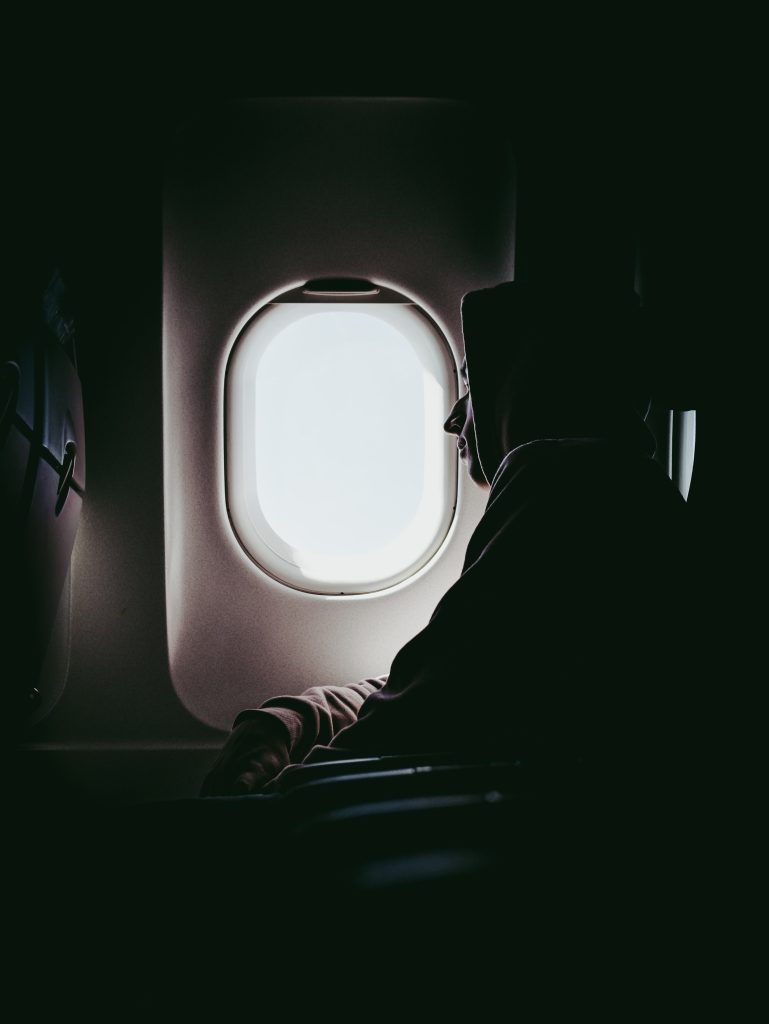
Now imagine you take a flight and your body is thrown into a completely new environment with a 7-hour difference. If we take the normal speed that our body is capable of (walking). It would take months to years and our body can slowly acclimatize its own system with cues from the environment. However, with technology, we can do that in a day.
That leads our system to be “confused” and still in the old time zone. This can lead to various symptoms such as headache, fatigue, insomnia, mood swings, or gastrointestinal conditions.
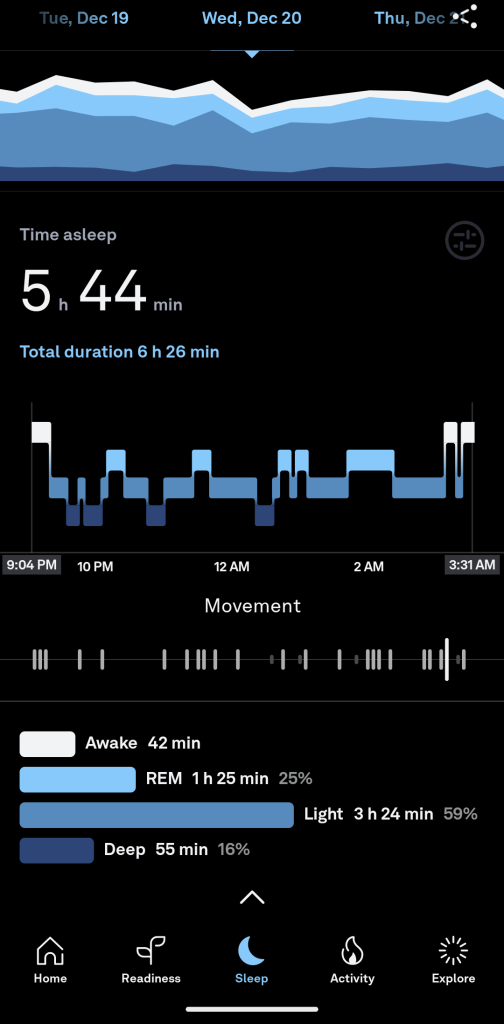
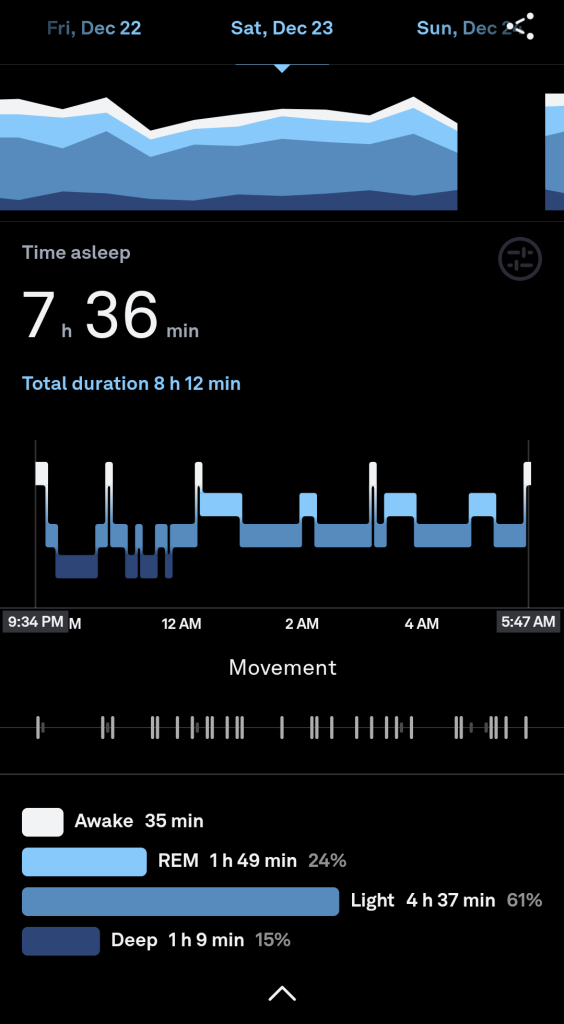
Most often jet lag can feel worse if you travel from west to east but might last longer when traveling east to west.
What can you do against it?
Now the important question: How do I combat jet lag?
1. Adapt and commit to your new time zone
Once you arrive at the new destination, forget your old time zone as soon as possible. That means try to eat, sleep, drink, and socialize according to the times of your destination. If you are taking a red-eye flight try to get at least a couple of hours on the plane.

Naps are tempting when you are exhausted due to the jet lag and long travel. However, try not to nap too long or too late in the day. This can worsen your sleep schedule even more. The general advice is to aim for power naps of 30 minutes, preferably before noon or at least eight hours before your planned bedtime.
2. Hydrate
Ever found yourself exhausted on a flight because you couldn’t take water through airport security? Been there! Well to no surprise, dehydration can worsen the symptoms of jet lag.
My new habit consists of taking my empty water bottle through security and then filling it up at the terminal. Nowadays, plenty of airports have free water-filling stations. If not, spend a couple of bucks to buy water, trust me it’s worth it! Once you arrive make a conscious effort to drink plenty of fluids to hydrate your body.
3. Get sunlight exposure
One of the strongest cues for our internal clock is light exposure! Getting in tune with the local time is therefore essential. Try to get early morning light to help you wake up in the morning or avoid it in the late afternoon if you have trouble falling asleep. Additionally, spend time outside during the day to get your body and mind acclimatized to the new time zone.


Something good to know: Even if there are clouds still a significant amount of light can pass through the clouds. If you don’t believe me try it yourself! There are a couple of apps that can measure light intensity.
Lastly, with jet lag, you often wake up in the middle of the night and I know it is tempting to check your phone once you can’t sleep. However, try to use dimmer light and avoid highly stimulating activity. For example, try to read, meditate, or listen to soothing music.
4. Exercise
Try and move!
Exercise is supposed to be the cure for everything. Once again it seems like exercising can do the trick. Depending on the time of the day exercise could help align your circadian rhythm. In a study published in The Journal of Physiology the researchers identified that the people who exercised in the earlier part of the day until 4 p.m. shifted their circadian rhythm to an earlier time. On the other hand, the participants who exercised between 7 and 10 p.m. moved their clocks back.
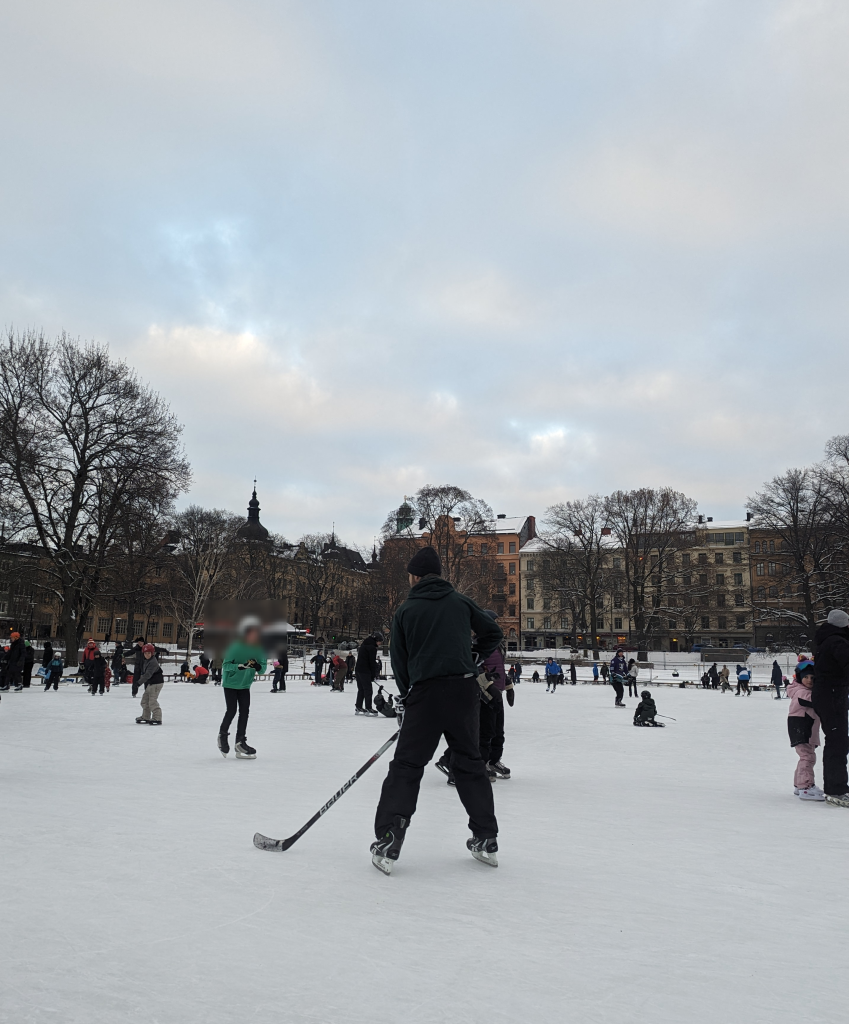
So if you have trouble falling asleep after your travel try to exercise early to help your body shift your circadian rhythm back.
5. Supplement with melatonin
Caution!
Supplements like melatonin are not regulated by authorities like medication that you buy at the pharmacy. That’s why it is important to find reliable companies that have third-party verification that tests their products on impurities and quality control. Additionally, it is important to aim for lower doses of less or around 1mg and not take it chronically. Even though the safety profile of melatonin appears good in studies our body usually produces much less than the supplements contain and melatonin is a hormone that also influences other functions in the body. In particular, long-term trials have not evaluated yet what these consequences can be. Generally, talk to your doctor if you have any sustained sleep problems and before using melatonin because it is not recommended for everyone.
Melatonin is a hormone that your body naturally produces to start the feeling of sleepiness, but it is also available as a supplement. Normally melatonin would rise after the onset of darkness and peak between 2 and 4 a.m. and then fall again. Now being in the new time zone your body will need time to shift the misplaced timing. This is where the supplement can bridge the gap.
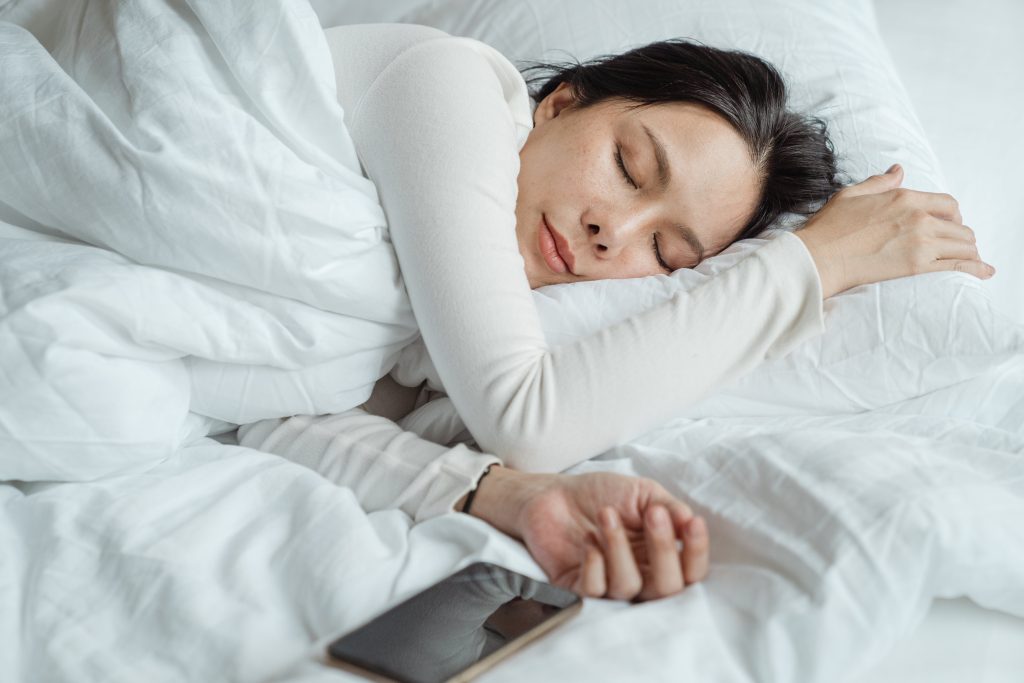
Most studies recommend taking the supplement close to bedtime around 1 hour before the target bedtime. Important to remember to take is to take low dosages and not chronically. Some suggest the amount of time zones you cross is equivalent to the number of days for your body to align to the local time. However, you might only need to take melatonin for 4 days if the time change is 7 hours.
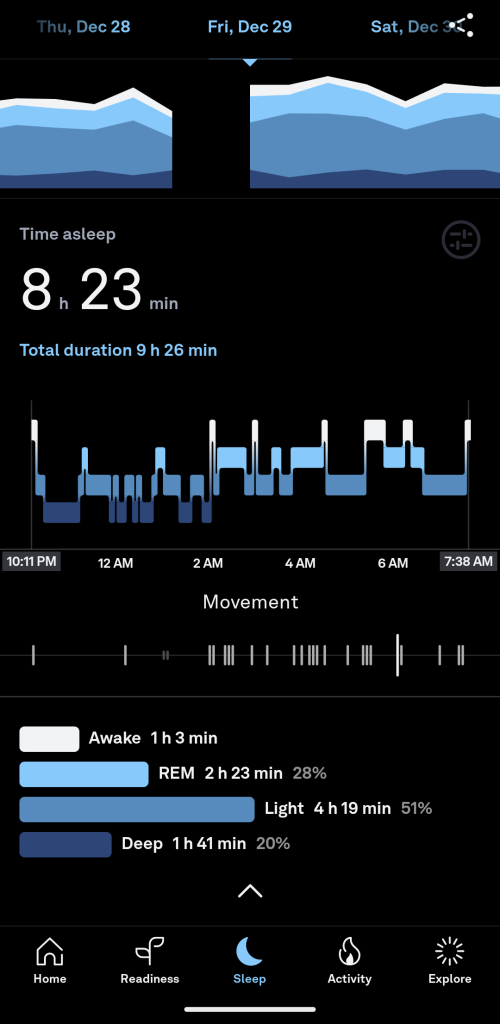
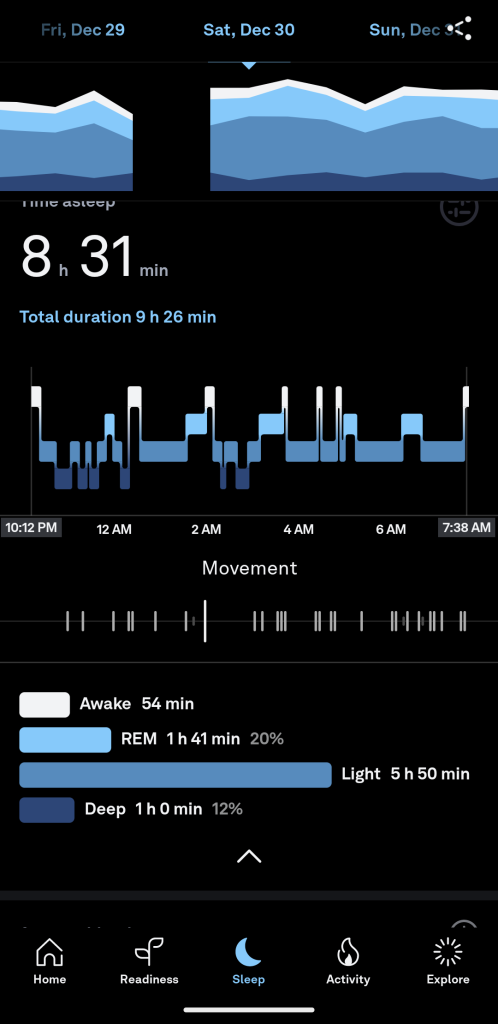
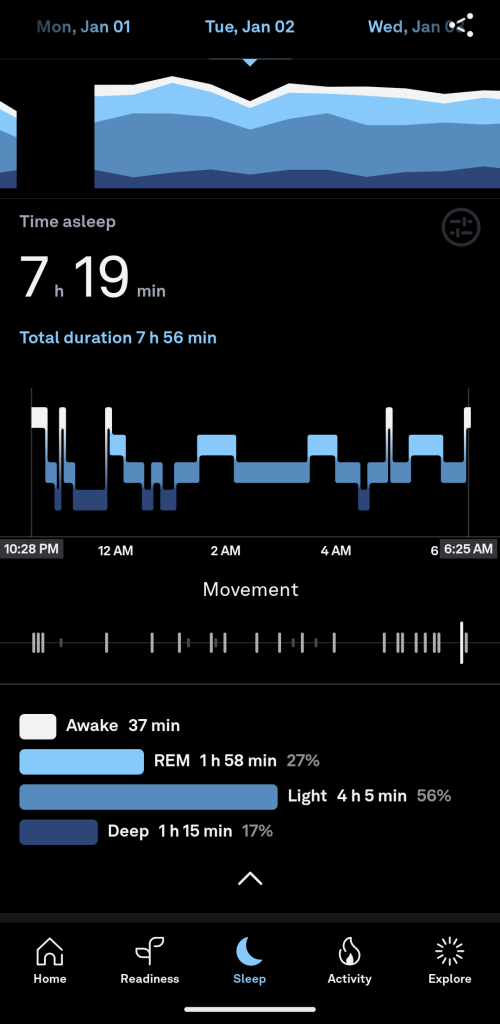
Remember the supplements are not a quick solution and will not help if you don’t follow any of the other tips!
If you have any questions or feedback feel free to comment down below or contact me through my profile!
-Tade

Tade - Nutrition Science
I am Tade. I am Nigerian/German and the blogger for the Master’s Programme in Nutrition Science. Before KI, I was studying in the Netherlands. My whole life I was interested in food and sports, and that is why I decided to study nutrition. When I learned about KIs group-focused teaching and the international environment I knew where I wanted to go. When I am not exploring or trying different foods I am playing basketball in Solna. If you are ever up for the challenge, you know where to find me!


0 comments